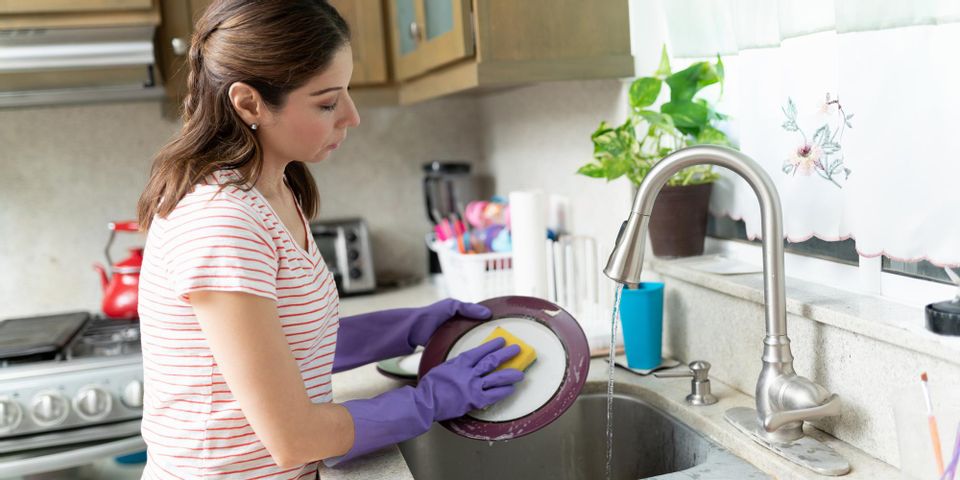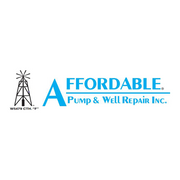3 Basics of How Water Wells Work

People have depended on private wells for hundreds of years to provide water for drinking, daily household tasks, and agricultural use. Today’s modern residential wells are even more skillfully constructed to deliver a steady stream of freshwater to homeowners who don’t have access to the municipal water supply system. Should you need to install a well on your property, understanding how they work will help you plan for proper maintenance. Here’s a basic overview of what you need to know.
How Does a Water Well Work?
1. Water Extraction
Private wells are comprised of several key components, including the casing, pump, pressure tank, and pressure switch. These must all work together to bring water into a home. After the hole is drilled, it’s lined with a PVC pipe (known as casing), which creates a pathway that allows groundwater to move to the surface. This also helps to keep contaminants from entering the well. Shallow water supply systems use jet pumps to suck water out of the ground and transport it to the pressure tank. Deeper wells have submersible pumps that utilize electricity to push water into the tank.
2. Water Storage
 The pressure tank stores water under pressurized conditions so the pump doesn’t have to run every time a household needs water. A pressure switch is used with submersible pumps. It monitors the pressure inside the tank and signals for the pump to push more water inside once it reaches a certain level. A pitless adapter connects the well casing to the pressure tank, which is how water is moved through the supply pipes and distributed out of a home’s plumbing fixtures.
The pressure tank stores water under pressurized conditions so the pump doesn’t have to run every time a household needs water. A pressure switch is used with submersible pumps. It monitors the pressure inside the tank and signals for the pump to push more water inside once it reaches a certain level. A pitless adapter connects the well casing to the pressure tank, which is how water is moved through the supply pipes and distributed out of a home’s plumbing fixtures.
3. System Maintenance
Drilled water supply systems have a low risk of contamination, but it’s still necessary for homeowners to take care of them. When constructing a new well, it should be kept a good distance from an existing septic system. Slope soil away from the casing to ensure good drainage, position the well cap at least one foot above the ground’s surface and don’t allow snow, leaves, or other debris to pile up around the well. Have the water tested annually, and take precautions when working with chemicals, such as pesticides, motor oil, fertilizer, and paint, anywhere near the well.
If you’re looking for a reliable well drilling contractor, reach out to Affordable Pump & Well Repair in La Crosse, WI. They have more than 45 years of experience installing residential wells and will help get you set up with a high-quality water supply system. Their team of professionals is also qualified to handle a variety of maintenance and repair projects that will keep your water flowing smoothly for years to come. Call (608) 788-6451 to request an estimate, or visit them online to learn more about their services.
About the Business
Have a question? Ask the experts!
Send your question

